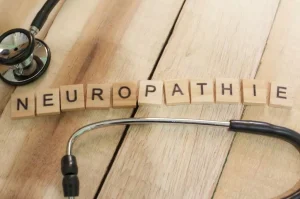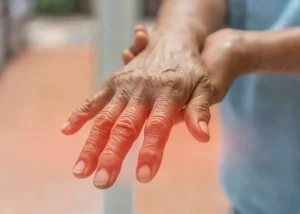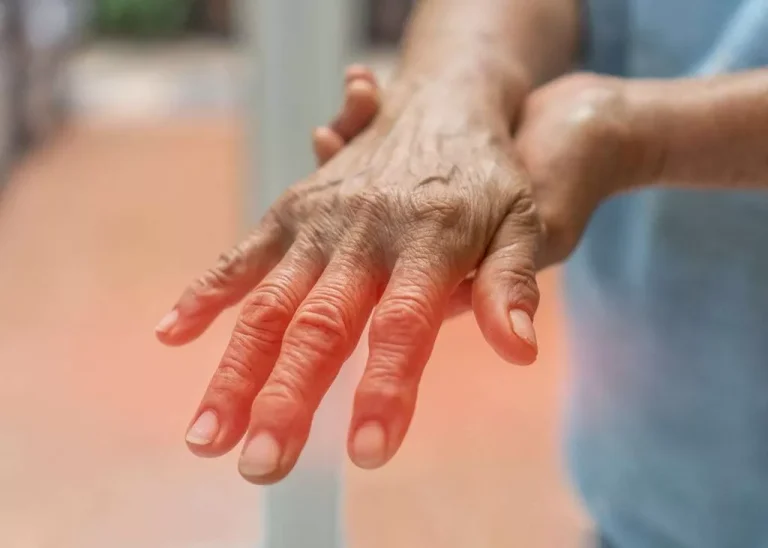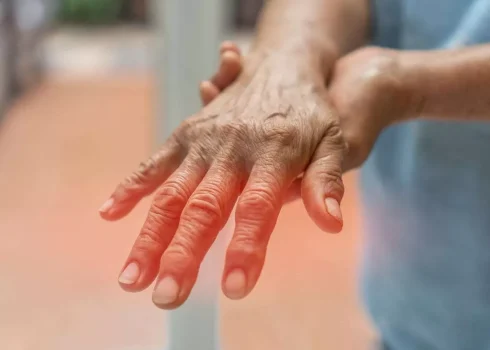Eight Explanation Why Internet Improvement Is Essential For Businesses
14/08/2023
Top 6 Website Designing Trends in Ahmedabad Nowadays!
18/08/2023
Building a social relationships and recovery circle composed of supportive and understanding individuals can create an environment conducive to recovery. Healthy relationships are characterized by mutual trust, open communication, and respect, which aids in maintaining focus on sobriety. Conversely, toxic relationships often exacerbate mental health issues and may trigger relapses, underlining the need for constant vigilance in nurturing supportive connections.
Battling Fentanyl Addiction in Pennsylvania

Will you keep searching for the “perfect” partner, or will you focus on healing yourself first? Instead of running from discomfort or blaming your partner, try understanding your own triggers. Start by saying, “I need to talk about something that’s bothering me.” This opens the door to deeper understanding and growth.
The Role of Motivational Interviewing in Addiction Therapy
Emphasizing empathy, accountability, and shared interests can strengthen the bond while providing the necessary emotional support during difficult times. Ultimately, fostering healthy relationships that prioritize empathy and mutual respect significantly contributes to the success of recovery. Rebuilding relationships after addiction is neither quick nor easy, but it is profoundly rewarding. By embracing patience, honesty, and a commitment to change, those in recovery can foster healing and forge stronger, healthier connections with their loved ones. Whether through making alcoholism symptoms amends, engaging in therapy, or participating in support groups, the pathway to repaired relationships is paved with consistent efforts and sincere intentions.
- Substance abuse can severely impact personal relationships, often leading to broken trust, resentment, and communication breakdowns.
- When both partners commit to sobriety, they embark on a journey of rediscovering each other, strengthening their bond, and creating a future free from addiction.
- In the journey of recovery, individuals often face emotional challenges, moments of self-doubt, and the lingering temptation to return to old habits.
- Those topics get much less attention, and people may feel guilty about even considering that their relationships have contributed to their substance use.
How to Develop Healthy Boundaries During Recovery
That is one reason people sometimes find that even though their addiction recovery is going well, their relationship recovery is lagging behind. Effective communication is the foundation of any healthy relationship. Learning to express your feelings and needs clearly and listening actively to others can prevent misunderstandings and conflicts. Additionally, developing healthy coping skills to manage stress and emotions can enhance your interactions and relationships. It’s also important to remember that any unhealthy relationships can have a negative impact on the recovery process and may even lead to a relapse.

Building and Managing Personal Relationships in Addiction Recovery
Frustration accompanies this turmoil as they struggle to help while facing resistance. Helplessness compounds the frustration, as they want their loved one to break free from addiction. However; we do suggest prayer, meditation, and 12-Step work as great places to start. These are just a few of the many traits that define a toxic relationship. Although the road to recovery can be long for everyone involved, it’s possible to make amends with those you might’ve hurt or lost in the past due to SUD.
Peer Support Benefits
Your comfort level might differ from others as you plan shared experiences. Studies show that meetings and activities have different energies or dynamics, so try several options to find what feels right. This helps you find activities that appeal to you and your loved ones while staying committed to recovery. Research shows that recovery depends on moving both your self-identity and social identity away from substance use.
- We keep waiting for happiness to “arrive” when we finally fix all the external things in our lives.
- To build a strong foundation in a relationship with someone in recovery, establishing clear boundaries is vital.
- The person you are in recovery is likely very different from the person you were during active addiction, and as a result, the dynamics of your relationships may shift.
- Once lies and deceit enter a friendship, it can quickly disintegrate, leaving those involved with a great deal of hurt and frustration.
Healing happens when we confront what scares us, whether through vulnerable conversations with our partner or self-reflection. If we’re not at peace with ourselves, we can’t fully connect with others. If we don’t love and accept who we are, we can’t expect someone else to do it for us. It’s about finding inner happiness first, so that we can bring our best selves into the relationship.
The Role of Mind-Body Connection in Healing from Addiction

The idea that recovery should be wholly an individual journey reinforces the idea that addiction is solely a character flaw. That idea has been disproven by loads of research, and although individual recovery is critically important, so is relationship recovery. I have never met someone on a solid recovery path who wasn’t engaged with strong social supports. Even if romantic relationships aren’t the main focus, it’s important to make sure that healthy relationships are a primary goal of addiction recovery. Adding the stress of focusing on relationships could feel overwhelming, but it also provides an important opportunity to practice distress tolerance, emotion regulation, and coping skills. Relationships also benefit from healthy communication skills, validation, boundaries, and honesty—all of which are important for addiction recovery.
Stay Connected!

Not everyone will understand or respect your boundaries—and that’s okay. These help you maintain healthy relationships without feeling drained. Without clear boundaries, it’s easy to be pulled back into old environments, relationships, or behaviors that jeopardize sobriety.

Strategies for Effective Family Involvement
Maybe you’re triggered when your partner shuts down emotionally, reminding you of past neglect, or maybe you fear abandonment because of childhood experiences. Sometimes, stepping back gives you the space to understand your needs more clearly. Then there are those who stop trying to find the “perfect” partner altogether.

